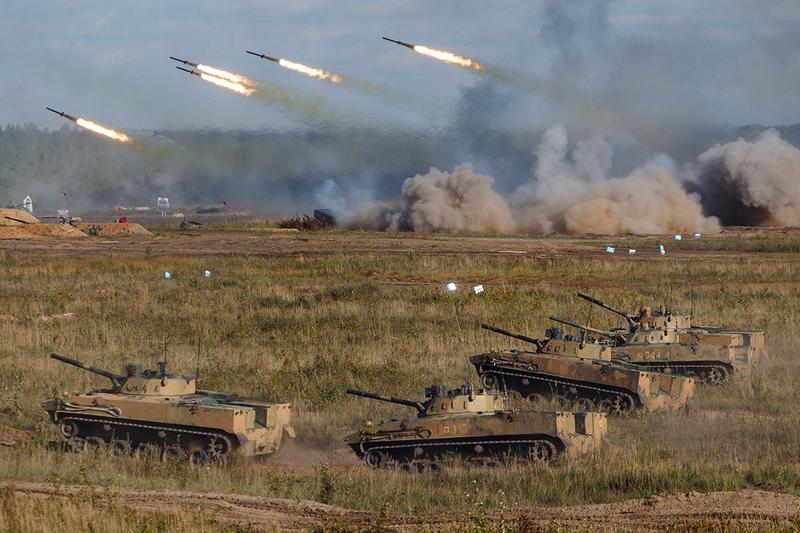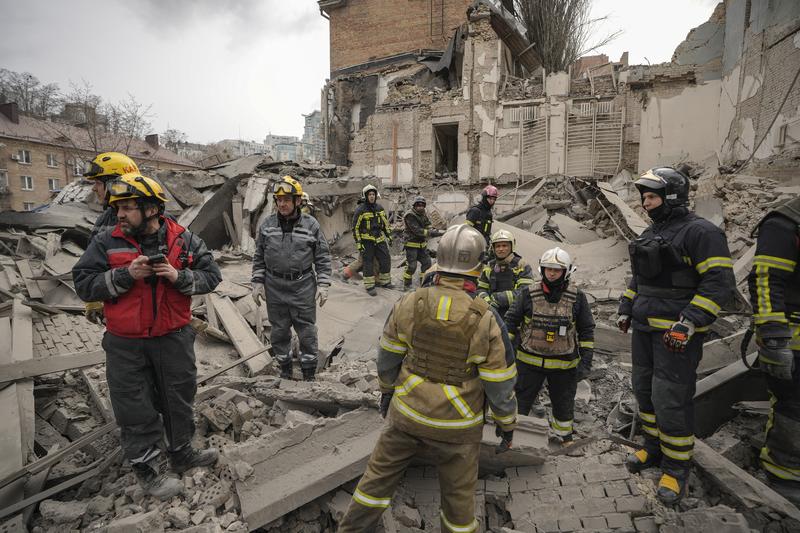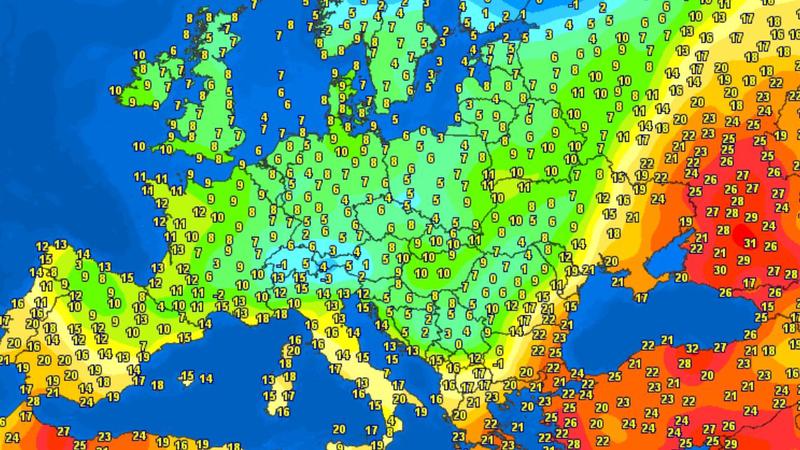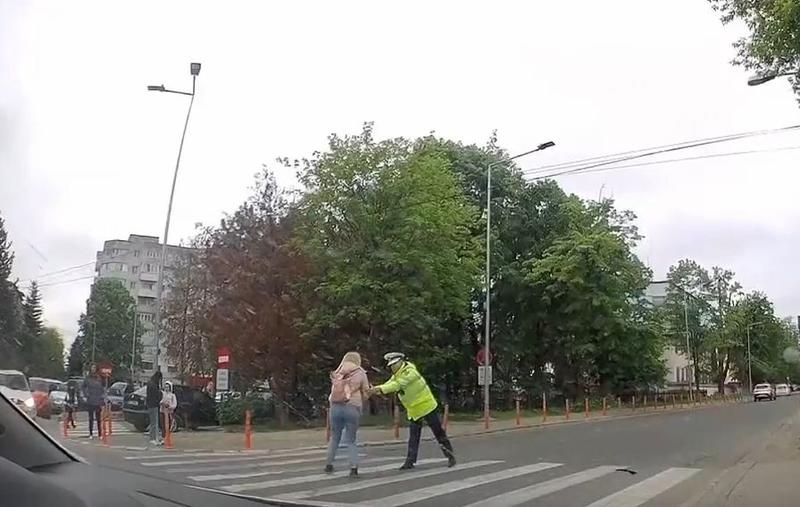A Japanese helicopter started on Thursday morning to pour water on reactor 3 of the Fukushima Daiichi plant to cool it down, Jiji news agency reports quoting the National Japanese Defense Agency. This operation is a priority because the smoke cloud is bigger and bigger, the agency reads.
Radioactivity was too high on Wednesday for a helicopter to be able to pour water in attempt to cool down reactor 3. Located at 240 km away from Tokyo, Fukushima plant, affected by the devastating quake on March 11th confronted with a series of explosions at its reactors.
UPDATE 6:15 PM International Atomic Energy Agency declared that the situation of the nuclear plant at Fukushima remains very serious but no major problem was registered on Wednesday. Graham Andrew, AIEA official said that reactor number 4 is a reason for worry.
UPDATE 2:45 PM Japanese authorities will continue to throw water from air over reactor number 3. The plant’s operator announced that white smoke is visible over reactor 2 also.
2:11 PM The level of radioactivity at Fukushima increased after reactors were “bombed” with water Kyodo informs.
1:10 PM Two special army trucks started on Thursday to throw water over reactor 3 at Fukushima.
The plant’s operator, Japanese company TEPCO hopes to re-set the electricity in the plant with the help of a cable that would pour the necessary water to cool down reactors. Experts fear that a new fire might break that would increase radioactivity levels. Japanese Defense minister Toshimi Kitazawa, who authorized the army helicopters declared on Thursday that the level of radiations was 4.13 mSv/hour (measuring unit for radiation level that reach the organism) at a 300 meter altitude Kyodo news reports.
The level of radiations admitted at which human organism is not in danger is 1. About 10,000 people were taken to evacuation centers and to health centers to be tested for radiation exposure following problems at the Fukushima 1 plant affected by the 9.0 Richter scale quake on March 11th.
6 persons were found to be irradiated. A part of Japan risks a failure of electricity on a large scale if consumption is not decreased. Production is low due to nuclear plant problems in the wake of the quake on Friday, Industry minister Banri Kaieda declared on Thursday.



















